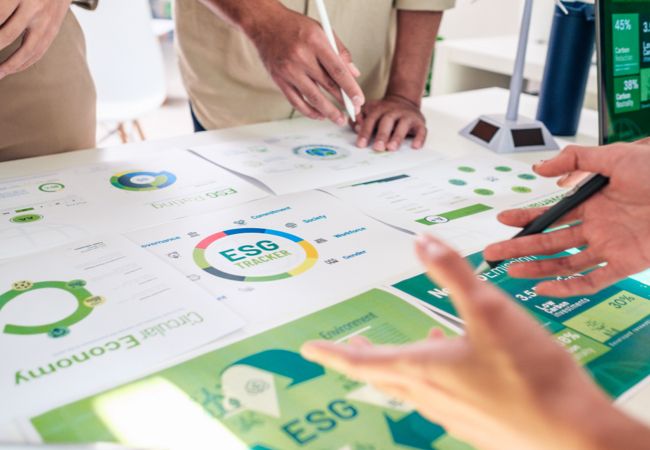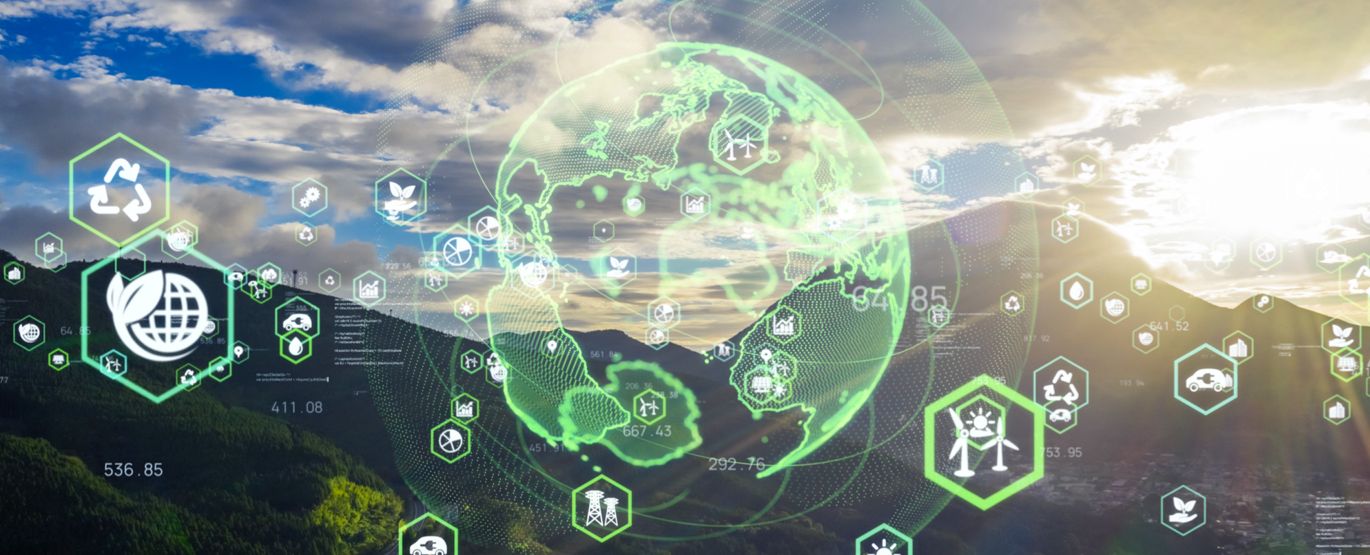 |
Energy and Greenhouse Gas Management Since the Paris Agreement, climate change has become a central focus for governments and businesses around the world. Greenhouse gas emissions largely result from the consumption of fossil fuels. To effectively manage energy usage and reduce these emissions, RTD conducts regular audits of energy consumption and greenhouse gas emissions at its office locations. On March 8, 2023, during its 12th Board meeting (7th session), RTD's Board approved the Greenhouse Gas Inventory and Verification Schedule Plan. General Manager Lu, Yu-Huang leads this initiative, bringing together relevant committee members to form a verification team. This team is responsible for overseeing and supporting internal greenhouse gas audits and verification processes. The task force reports its progress to the Board on a quarterly basis. These efforts are in line with the government's target of achieving net-zero emissions by 2050 and align with stakeholder expectations to mitigate the impacts of climate change. |
Waste Management
RTD's operations encompass both office spaces and active project sites. In the offices, general trash is first sorted and collected by building management. At project sites, waste generated from demolition, construction, and daily activities is sorted on-site to recover recyclable materials. The remaining waste is managed by licensed contractors in accordance with environmental regulations. RTD is committed to integrating waste reduction throughout its value chain and product lifecycle. Sustainable design principles promote the use of durable and renewable materials. Before construction begins, contractors are informed of RTD's dedication to waste reduction and environmental protection, which includes clear quality and workmanship standards to minimize rework and material waste. During and after construction, waste is carefully sorted and managed by authorized disposal companies. These practices demonstrate RTD's commitment to responsible waste management.

Circular Economy
Choosing the right building materials is crucial for exceptional interior design and is fundamental to the design process. At RTD, we prioritize not only quality, durability, and cost but also resource reuse, waste reduction, and minimizing disposal through innovative design and robust recycling initiatives, all aimed at fostering a circular economy. We are committed to using durable and recyclable materials and provide maintenance services to extend product lifespan and reduce environmental impact. Our practices align with LEED and EEWH certification systems—LEED is a respected global standard for energy and environmental leadership, while EEWH is Taiwan's pioneering standard focusing on subtropical climate energy efficiency, ecology, and health. Our key initiatives include:
- Collaborating with clients to implement energy-saving and carbon reduction strategies that boost corporate reputation and competitiveness.
- Utilizing green materials and renewable resources while integrating green landscaping to replace non-recyclable options.
- Applying advanced materials and design techniques to enhance energy and water efficiency in buildings.
 |
Water Resource Management As climate change, economic growth, and population increases escalate pressure on global water resources, RTD is committed to promoting water conservation. We encourage employees to adopt practices that reduce water waste. Our water sources, primarily from the Zhonglun Building office and project sites, are supplied by municipal systems. While most site water comes from clients, we aim to integrate this into our overall statistics in the future. In 2023, the average annual water usage per person was 104.664 cubic meters, while RTD's office water usage was only 12.20 cubic meters. Additionally, we achieved a 32.52% reduction in water intensity per employee compared to the previous year, demonstrating our effectiveness in conserving this valuable resource. Together, we can make a meaningful impact on water preservation. |
Climate Change
Climate change is one of the most critical challenges facing humanity and businesses worldwide. According to the Intergovernmental Panel on Climate Change (IPCC), companies must actively implement strategies for both mitigation and adaptation. As a responsible global citizen, RTD is committed to proactively preparing for and responding to climate change. Our goals include strengthening corporate resilience, advancing low-carbon transformation, and minimizing the operational impacts of physical climate risks. In 2023, RTD's Sustainability Task Force conducted a preliminary analysis of the economic and regulatory shifts driven by climate change. We recognize that RTD may face direct or indirect impacts from international greenhouse gas emission caps and carbon pricing, which could influence our business strategies, procurement policies, and design philosophies. In response, RTD emphasizes the use of green building materials. We enhance communication with clients during the design phase to promote sustainable concepts and gradually expand the use of low-carbon, eco-friendly materials. Furthermore, RTD plays a vital role in supporting net-zero carbon reduction plans across office, industrial, and commercial spaces, both domestically and internationally, driving transformation throughout the industry. RTD aims to adapt to climate change while fulfilling our commitments to sustainable development and corporate social responsibility. Moving forward, we plan to identify climate-related risks and opportunities following the Task Force on Climate-related Financial Disclosures (TCFD) framework, and we will strengthen related oversight and governance mechanisms.
